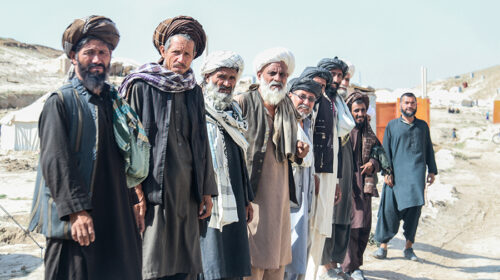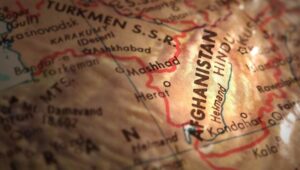Ending the US Empire of War, Corruption and Poverty
Americans have been shocked by reports of thousands of Afghans risking their lives to flee the Taliban, whose militants swept through Afghanistan and returned to power on August 15. This was followed by a suicide bombing claimed by the Islamic...














